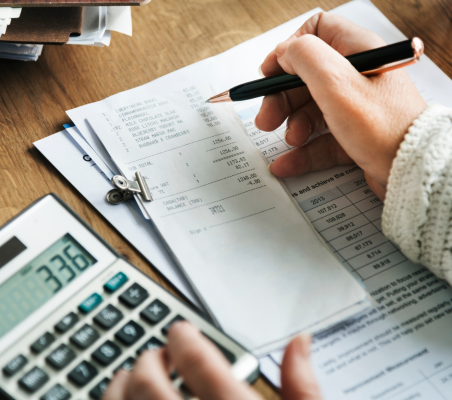The Quantification Sense cognitive function is responsible for understanding or having a sense of number and quantity.

Take our 30-minute cognitive profile questionnaire to start the journey into understanding your brain's strengths and weaknesses through a cognitive lens.
The Arrowsmith Cognitive Assessment, administered by an Arrowsmith trained professional, will provide you with an in-depth insight into your unique cognitive profile.

You meet a new person, perhaps while you’re travelling in a foreign country. They introduce themselves with a name you’ve not heard before. Does it take a couple of efforts before you pronounce it correctly? Later that day you see them again – how quickly can you remember how to pronounce their name, can you say it accurately? Your Broca’s is hard at work memorizing these new sounds and incorporating them into your phonemic memory of how the sounds blend into the fluent pronunciation of the word.
The ease with which you remember how to pronounce new words in your spoken vocabulary is determined by your Broca’s capacity.
For some, even words in their own language present a challenge. They might need to break up the word into smaller parts or substitute a well learnt word in place of the word that they struggle to pronounce. This often results in a much larger visual vocabulary than what one can produce in speech.
Mathematics and numeracy
Mental calculations
Financial competence
Time management